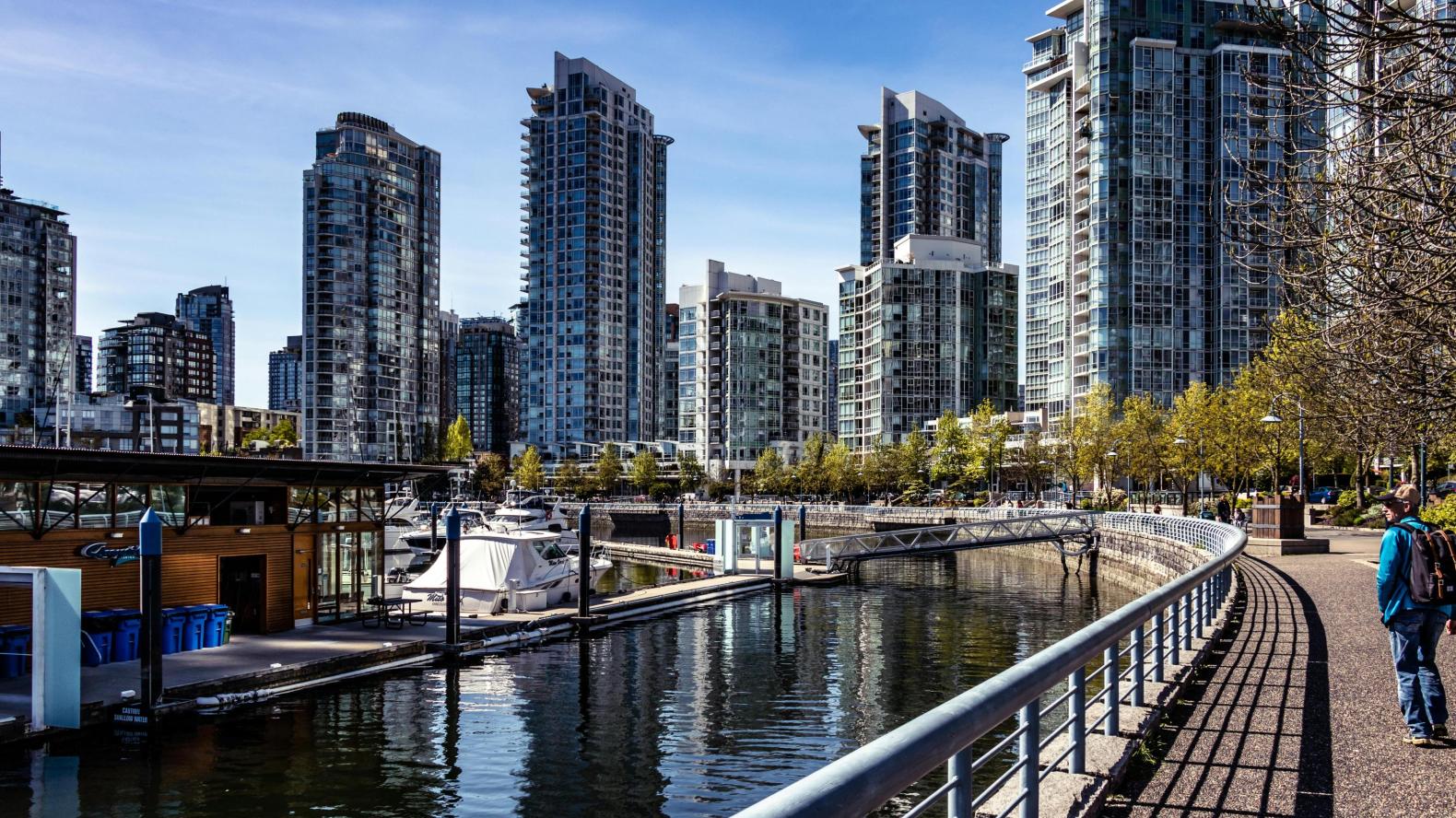
Cities are at the frontlines of the ecological crisis: urban and surrounding green spaces are shrinking, which comes at a cost for non-human nature and for more than half of the world’s people, who rely on such spaces for emotional, spiritual, and physical benefits. Local governments face numerous hurdles as they prioritize biodiversity and nature’s benefits to people in planning efforts, amidst many other competing priorities in rapidly-developing cities like Vancouver.
A team of three graduate students at UBC are working to help.
“Government planners have broad expertise, but they are constrained by available data to plan for diverse species and their interactions, among the many and often competing priorities for cities.”
- Dana Johnson
In response to these challenges, we designed and piloted a workshop aimed to include multiple ways of knowing and types of expertise into urban biodiversity planning for the City of Vancouver.”
- Jo Fitzgibbons
The trio are supervised by Dr. Kai Chan at UBC’s Institute for Resources, Environment and Sustainability and are working with the City of Vancouver via support from a first-of-its-kind collaborative fellowship from the UBC Public Scholars Initiative.
By joining forces, Fitzgibbons, Forrest, and Johnson designed and hosted a workshop on November 18th, 2023 in collaboration with their partner Angela Danyluk at the City of Vancouver. In this workshop they engaged 16 participants representing a range of knowledge and expertise, including biologists, an Indigenous cultural programmer, hands-on environmental stewards, and other advocates for nature in the city. The goal of the workshop was to bring together the diverse knowledge of workshop contributors, which they drew on to envision a better future for Vancouver and what steps can be taken to make it happen.
Four skilled graphic recorders came on board to help capture participants' visions during the workshop.
“In our workshop, most contributors shared a vision of accessible, biodiverse, non-human nature near every home and workplace. They value community, amongst human neighbours through all walks of life, but also community with non-human species, and the fulfillment these relationships may bring,” said Daniel Forrest. “Such community and connection could nurture bottom-up forms of stewardship to yield their desired visions, or political coalitions capable of lobbying the government to change regulations around housing and business development, mandating the inclusion of accessible, biodiverse greenspace throughout the city.”
Looking ahead, the trio is working with a science communication artist to further bring participants' visions to life in a short video and interactive illustration. After processing the data, they anticipate multiple papers and public-facing outputs on different topics.